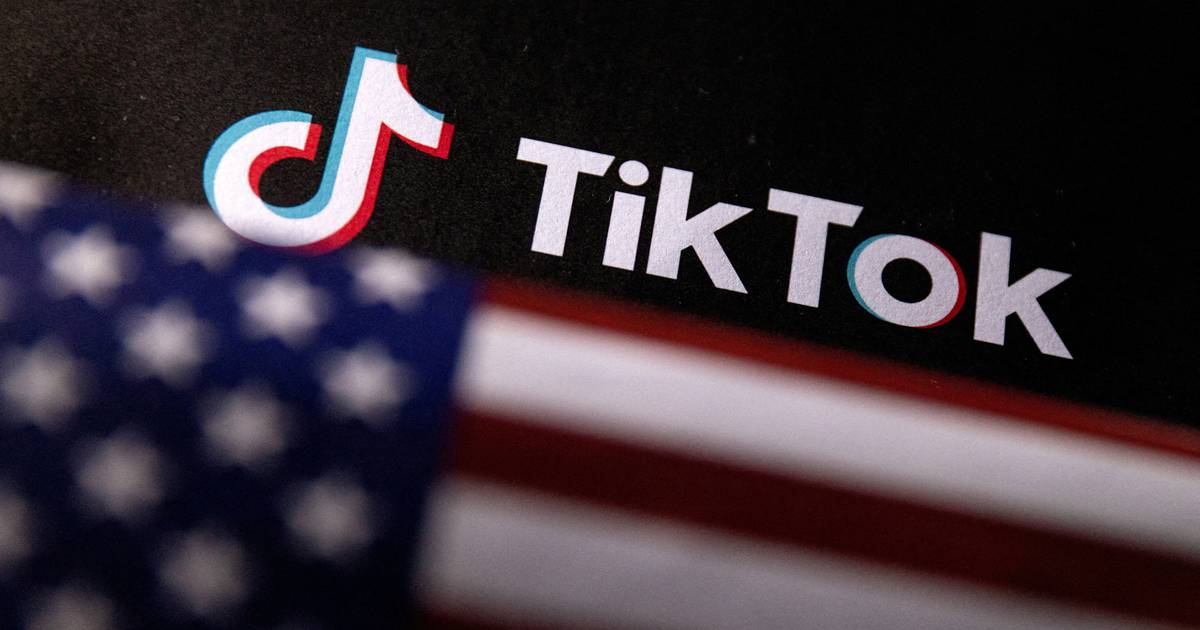The president of the United States, Joe Biden, signed into law this Wednesday the law that contains a package of 95 billion dollars in military aid for Ukraine, Israel and Taiwan, and that obliges the Chinese parent company of TikTok to sell the application or face a veto in the country.
For TikTok, time has begun to run in its existential struggle to avoid a ban in the United States.
Legislation requiring Chinese social media app owners to comply get rid of their investments was approved in Congresscapped by Senate approval Tuesday night as part of a broader foreign aid package.
President Joe Biden plans to sign it this Wednesday, starting a 270-day countdown to a sale or ban in the United States of the popular video-sharing platform.
TikTok and Beijing-based ByteDance have vowed to do everything they can to stop the measure.
Why is the US saying goodbye to TikTok?
They have argued that it infringes on the freedom of expression rights of 170 million monthly users of the application in the United States and they plan to file lawsuits to overturn the law or at least delay its implementation.
“We will continue fighting,” he said. Michael Beckerman, TikTok's head of public policy for the Americas, in a memo to US staff last week. “This is the beginning, not the end of this long process.”
Biden's signature will end years of scrutiny in Washington, where regulators and lawmakers from both parties have expressed a increased concern that Chinese ownership of TikTok represents a risk to the national security of the United States.
Proponents of the bill claim that China's government is using TikTok as a propaganda tool and could require that ByteDance shared the data of American users, accusations that the company and Beijing officials have denied.
With the legal battle about to unfold, TikTok users in the US face a wave of uncertainty about a place to express themselves through videos, make money as influencers or sell products on the TikTok Shop.
If implemented, a TiKTok ban would risk disrupting “a critical channel to interact with younger audiences and generate brand visibility”said Damian Rollison, director of market insights at SOCi.
“TikTok's unique format has allowed businesses to showcase products and services creatively, leveraging trends and user-generated content to connect with potential customers,” Rollison said.
TiKTok has raised economic arguments against the law, saying that content creators and merchants who make a living posting videos and selling products would be hurt financially.
While many U.S. lawmakers who backed the recently passed federal bill believe it would survive judicial review, some human rights groups say the First Amendment will be a more difficult hurdle to overcome.
“He U.S. government can say that a foreign company cannot do business in the United States; It's just more difficult when the foreign company is a communications system that American users use to communicate with each other,” David Greene, civil liberties director at the Electronic Frontier Foundation, said in an interview. “That just has different legal issues.”
TikTok announced this Wednesday that it will take to court the law approved by the United States Congress that requires ByteDancea Chinese technology conglomerate, to sell the social network's operations in the North American country or face a ban on operating.
”This unconstitutional law means a ban on TikTok and we will challenge it in court. “We believe that the facts and the law are clearly on our side, and that we will ultimately prevail,” TikTok said in a statement.
The company defended that it has “spent billions of dollars to keep data safe” of Americans and that the social network is “free from external influences and manipulations.”
TikTok also warned that a possible ban would “devastate” 7 million companies in the United States and “silence” 170 million Americans who use the social network. * With information from EFE

